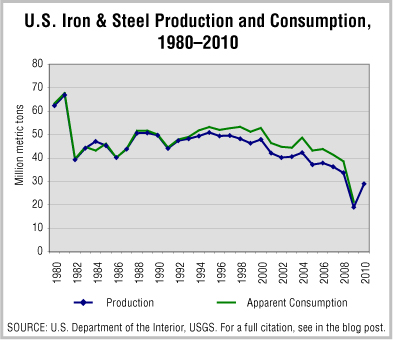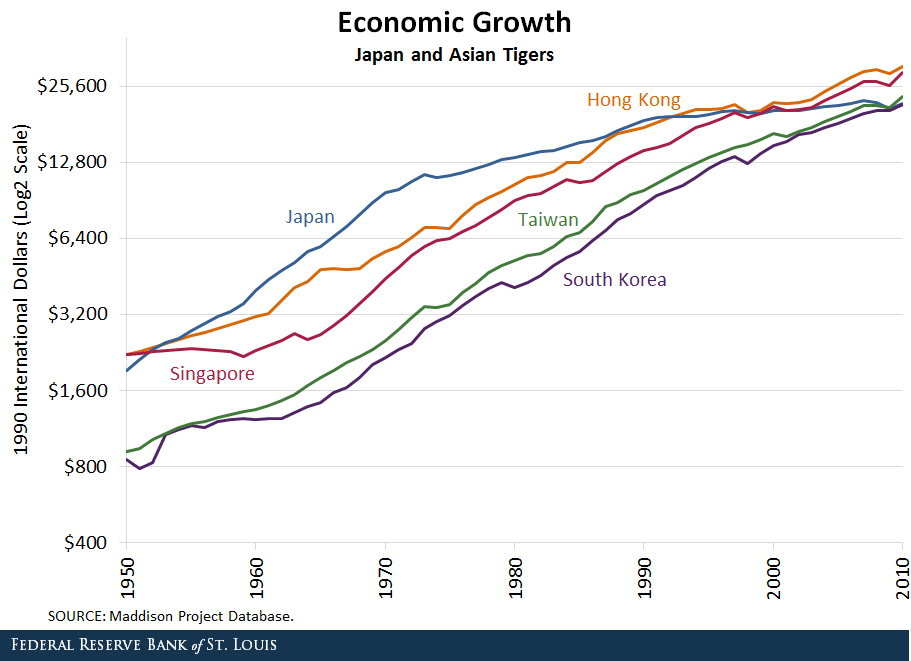GeographyDude
Gone Fishin'
. . . Maybe emphasize that the American people own the steel industry now, and give every citizen some dividend returning stock to make their ownership a direct benefit and something they can relate to.
Okay, run it indirectly. Look, the transition from manufacturing to post-manufacturing is not going well. We have more than 40 years of slow shrinkage of the American middle class which, in the long-term, is cataclysmic. The middle class is still 50% of American adults, but we are moving in the wrong direction.. . . The other problem with the US government nationalizing the steel industry is that it now owns it. I have little doubt it would add 5 layers of bureaucracy, . . .
I'm a believer in the youtube video, "Humans Need Not Appy" by CGP Grey. and think the best solution is an ownership version of Universal Income, like Alaska or Saudi Arabia, just going bigger. As far as the ownership version, at age 16 and 18 and 21 and at each increase thereafter, for first six months you get your monthly income as an S&P 500 mutual fund, and thereafter you can choose from about a dozen ways to receive your money.
A college textbook on natural disasters said people are often at their best during floods, and often at their worse during droughts precisely because it's a slow-motion crisis. And which sounds more like the crisis of automation?
But all the same, people very much want to believe in a meritocracy and just-world hypothesis, so although I ask you to consider and even push for Universal Income, I don't want us to be a one-note choir. So, we've got to be also asking,
What's second-best and what else can we be doing at the same time?
Last edited:



